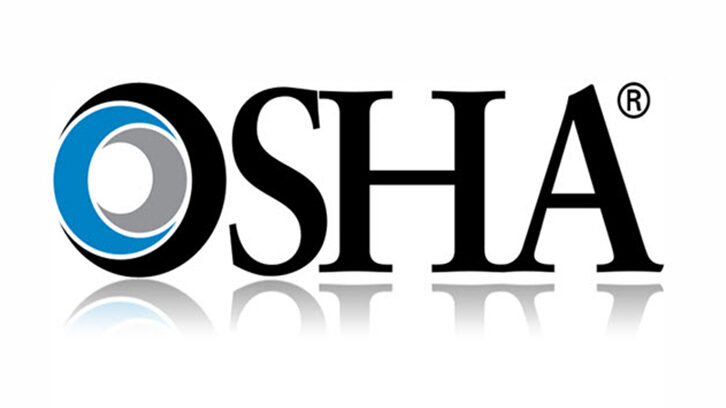Reaffirming its commitment to holding both host employers and staffing agencies responsible for training workers on hazards they may encounter on the job, OSHA has levied fines of over $700,000 against an auto parts manufacturer and the staffing agency it was using. The businesses were cited for numerous violations, including failing to adequately train workers on the hazards they would face at the worksite.
“Employees, whether permanent or temporary, should not have to be concerned whether they will get sick, injured or killed while providing for their families,” said OSHA area director William Fulcher in a prepared statement.
This fine builds on other work by OSHA to ensure that staffing agencies and host employers work together to ensure temporary employees receive adequate training on the hazards they may face while on the job. Through its Temporary Worker Initiative, OSHA has begun to provide additional details about which entities might pursue which roles when it comes to training. According to the initiative’s website, staffing agencies can best “provide general safety and health training, and host employers provide specific training tailored to the particular workplace equipment/hazards.” So, for example, a temporary agency would train workers on how to read a container label and what an SDS is, and the host employer would train on the hazards unique to their facility. However, OSHA also says that the “temp agency needs to have a reasonable basis for believing that the host employer’s training adequately addresses potential hazards employees may be exposed to at the host worksite,” which re-emphasizes that even in cases where the primary responsibility is on the host, the staffing agency still needs to do what they can to confirm that the host is ensuring proper training.
OSHA makes clear that both entities are ultimately responsible for worker safety and can be found liable when violations occur.
It’s also important to keep in mind that temporary workers also must have access to the workplace-specific SDS library of the host business. OSHA requires that host employers “treat temporary workers like any other workers in terms of training and safety and health protections” [OSHA’s emphasis]. This extends to providing them with barrier-free access to safety data sheets in their workplaces, during their work shifts.
If a situation should arise in which temporary employees (or employees from a visiting company coming onsite) bring hazardous chemicals with them, the host employer will need to be able to provide SDS access for those chemicals to all employees, permanent and temporary. Obviously, this requires some prior coordination. Host employers should find out in advance what chemicals will be brought onsite by visiting workers or vendors, and should arrange to obtain SDSs for them. Then, whenever the vendors and/or temporary workers arrive, those visitors should be shown how to access SDSs for the host’s chemicals, as well as their own—whether on a mobile device or computer through a service like VelocityEHS, or in paper binder form.
Making this compliance doubly important is the fact that OSHA recently raised the maximum and minimum levels on penalties by nearly 80 percent. More than ever, businesses need to be aware that penalties for failing to train workers and provide required SDS access can have potentially huge impacts.
To learn more about OSHA’s Temporary Worker Initiative, you can visit the website here. Interested in learning more about available training options? The VelocityEHS library of expert-reviewed on demand training courses includes multiple-choice knowledge challenges to gauge employee comprehension, printable course completion certificates, and other tools for training your workforce. To learn more, click here.
